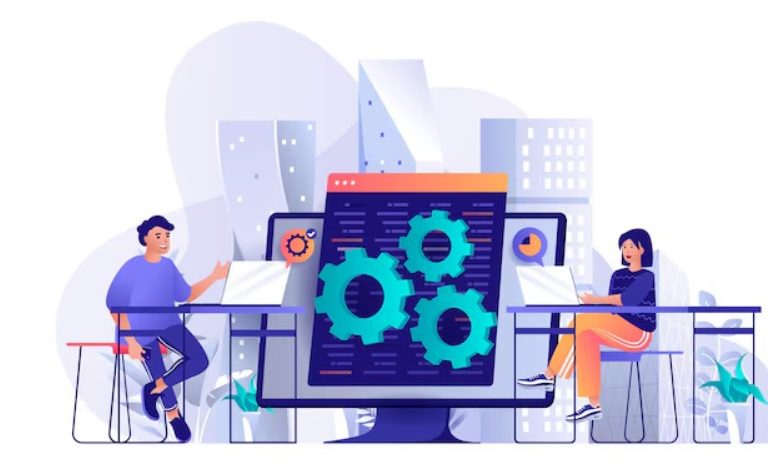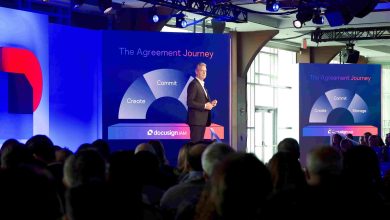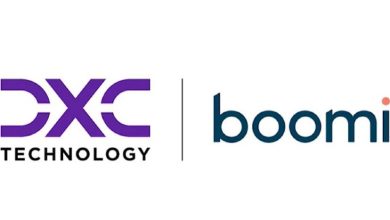Maximising Developer Velocity in Asia Pacific with High-Impact Platform Teams
Empowering Platform Teams so They Can Shift Focus from Building Features to Building Impact

With digital transformation advancing rapidly in Asia Pacific, organisations face growing pressure to accelerate delivery without compromising security or compliance. Platform engineering teams play a central role in this effort, delivering internal platforms that simplify complex workflows, including monitoring, security, CI/CD pipelines, and cloud resource management. When done right, this allows developers to focus on what truly matters: building secure, reliable software with real business impact.
Take Agoda, for example. By consolidating its toolchain onto a single DevSecOps platform, the Singapore-based travel company reduced build queue time by over 98%, saved 3,000 developer hours per quarter, and achieved a 17% increase in developer satisfaction. This experience highlights a key insight: Technical sophistication alone does not define platform success. It is measured by how effectively it helps teams deliver value.
Platform teams across the region are shifting their focus from building features to building impact. The most successful teams are those that empower developers to deliver faster, collaborate more effectively, and innovate securely.
The Missing Link in Platform Engineering Initiatives
Many platform engineering initiatives fail, not because of poor technology choices, but because they miss the critical component of genuine collaboration. The most powerful internal developer platforms are not just technology stacks; they are relationship accelerators that fundamentally transform how teams work together.
Effective platform teams have a deep understanding of what a day in the life of a developer, security engineer, or operations specialist looks like. They know the pressures these teams face, their performance metrics, and the challenges that frustrate them most.
Across industries, the pattern is unmistakable. When platform teams create self-service capabilities that feel effortless while reducing developer cognitive load, everyone wins. Businesses deliver faster, developers stay focused on high-impact work, and customers receive better products.
Here are three key considerations for leaders building strong platform teams.
1. Prioritise based on outcomes.
Effective platform teams align their priorities with the outcomes developers need to achieve. However, this alignment is easier said than done, especially when platform teams report through IT functions, while development teams report through business units.
To break this organisational misalignment, platform teams must prioritise what developers truly need. The relevant metrics are not traditional technical outputs, but outcomes. Here are a few of the outcomes you should be measuring:
- Increasing adoption rates: Teams select your platform because it makes their lives easier
- Developer velocity: Teams using your platform ship faster than those who donot.
- Developer satisfaction: Regular feedback shows developers enjoy using your platform.
- Reduced support burden: Support tickets decrease dramatically as developers can self-serve through well-designed interfaces and comprehensive documentation.
Great platform leaders educate their leadership teams on the direct connection between developer productivity and business outcomes. Developer experience is no longer a nice-to-have, but a strategic imperative.
2. Develop a strong communication framework.
Developers who feel heard and respected transform into valuable collaborators, not just users. They contribute insights that improve your platform because they know their needs will shape its evolution. The best platform teams leverage multiple channels to gain honest feedback, including user research sessions, developer experience surveys, and office hours.
Even the name of the platform matters. Teams with names like “Developer Enablement Platform” or “Developer Experience Team” send a clear signal about their purpose—they exist to serve developers, not to control them.
Remember, the platform is a product, and developers are the customers. This mindset shift changes everything.
3. Create delightful developer experiences.
The core mission of platform teams is to enable faster software delivery by eliminating complexity and cognitive load. Put simply: Make the right way the easiest way.
Developer experience extends beyond function; it is about creating delight and demonstrating that the platform team cares about the human experience, not just technical capabilities. The best platforms craft natural, intuitive interfaces that anticipate questions and incorporate error messages that guide, rather than confuse.
Platform engineering excellence comes from making complex things appear simple. It is not about building the most sophisticated system—it is about reducing complexity so developers can focus on creating business value.
The Path Forward for Asia Pacific Platform Teams
The real value of platform engineering lies in combining functionality and efficiency with a deep commitment to the developer experience. For leaders across Asia Pacific navigating fast-paced digital change, this means:
- Measure what matters. Track platform adoption and its impact on developer velocity and time to market.
- Build a network of strong customer advocates. Engage users early and often to collaborate on feature design.
- Make the right way the easy way. Drive development adoption by building intuitive, frictionless experiences that outperform alternatives.
In Asia Pacific’s dynamic and diverse markets, the most successful organisations understand that successful platforms are collaborative ecosystems shaped by both humans and technology. By prioritising outcomes, clear communication, and cross-functional collaboration, platform teams can become trusted enablers of innovation, transforming internal platforms into strategic assets that enable developer teams to build faster, safer, and smarter software.




